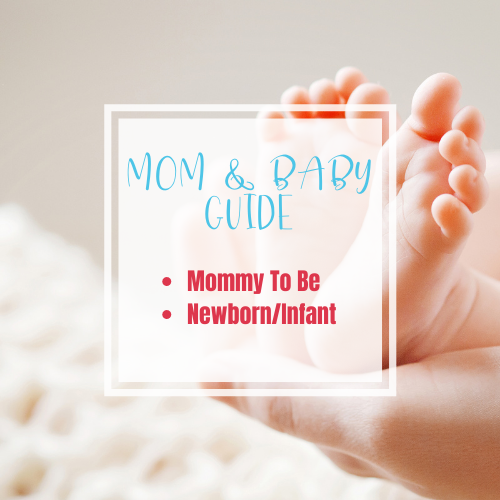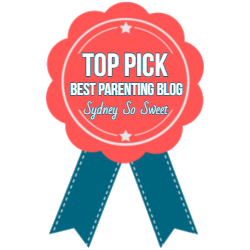Partial hospitalization (PHP) is a type of intensive outpatient program that provides therapeutic services and psychiatric care. PHPs are designed as a step down from inpatient hospitalization for individuals who require more support than traditional outpatient therapy, but less than 24/7 care. PHPs treat a wide range of mental health and substance use disorders. They can be beneficial for both acute stabilization and continuing care. What disorders might be treated with the help of PHPs?
Depression
Major depressive disorder is one of the most common diagnoses seen in PHPs. The structured daily programming and access to psychiatric care can help stabilize mood and prevent relapse in severely depressed patients following hospital discharge. PHPs allow patients to continue receiving therapy and medication management on an intensive outpatient basis. A PHP for mental health can be of great help to these individuals.
Bipolar Disorder
Patients with bipolar disorder who need additional stabilization after psychiatric hospitalization may utilize PHPs. The programming provides coping skills for managing mood swings and dealing with the stressors of daily life. Regular psychiatric appointments and group therapy help patients adhere to their medication regimen, of great importance to a successful recovery.
Anxiety Disorders
Individuals struggling with anxiety may find the step-down structure of partial hospitalization beneficial. PHPs can help ease the transition out of inpatient care through ongoing access to therapies like CBT and exposure treatment. For severe anxiety hindering daily functioning, a PHP serves as an intermediate level of care.
Substance Use Disorders
PHPs are commonly used to treat alcohol, opioid, and other drug addictions. The structured days include addiction education groups, coping skills training, a 12-step introduction, and one-on-one counseling. For those needing sober support after completing detox or residential rehab, partial hospitalization allows patients to transition back to daily life while attending treatment.
Eating Disorders
Eating disorder PHPs provide meal support training, therapy, medical monitoring, and psychiatric care. This level of support is ideal for stabilizing nutrition and transitioning between higher levels of care for patients with anorexia, bulimia, or binge eating disorder. PHPs can oversee re-feeding protocols and normalize eating patterns.
Post-traumatic Stress Disorder (PTSD)
Intensive outpatient programs like PHPs frequently treat complex PTSD resulting from prolonged abuse. Daily group therapy sessions promote healing in a supportive environment. Coping skills education and EMDR therapy can also help patients manage PTSD symptoms. They may also help veterans and active service members struggling with PTSD.
Borderline Personality Disorder (BPD)
PHPs are well-equipped to treat borderline personality disorder, given the disorder’s extreme emotional dysregulation. Dialectical behavior therapy and cognitive processing emphasize distress tolerance and emotion regulation skills. Access to psychiatric care and staff trained in BPD treatment helps stabilize patients.
Schizophrenia
Patients with schizophrenia may utilize PHPs for assistance after psychiatric hospitalization to continue stabilizing psychotic symptoms. PHPs provide structured days with therapy, skill-building, and medication management. Ongoing care prevents relapse and readmission.
Co-occurring Disorders
Many partial hospitalization patients have co-occurring mental health and substance abuse disorders. PHPs are designed to treat both conditions concurrently through integrated counseling and access to psychiatry. Managing recovery and mental illness simultaneously results in better outcomes.
Partial hospitalization programs can effectively treat a wide spectrum of mental health disorders. The multi-disciplinary approach helps stabilize symptoms after hospitalization and provides continuing care. Through education, intensive therapy, and medical management, PHPs support the transition to lower levels of care.









































No comments
We love hearing from you! Thanks for leaving us some comment love! If you're a new follower, please leave your link, so we can follow you back!